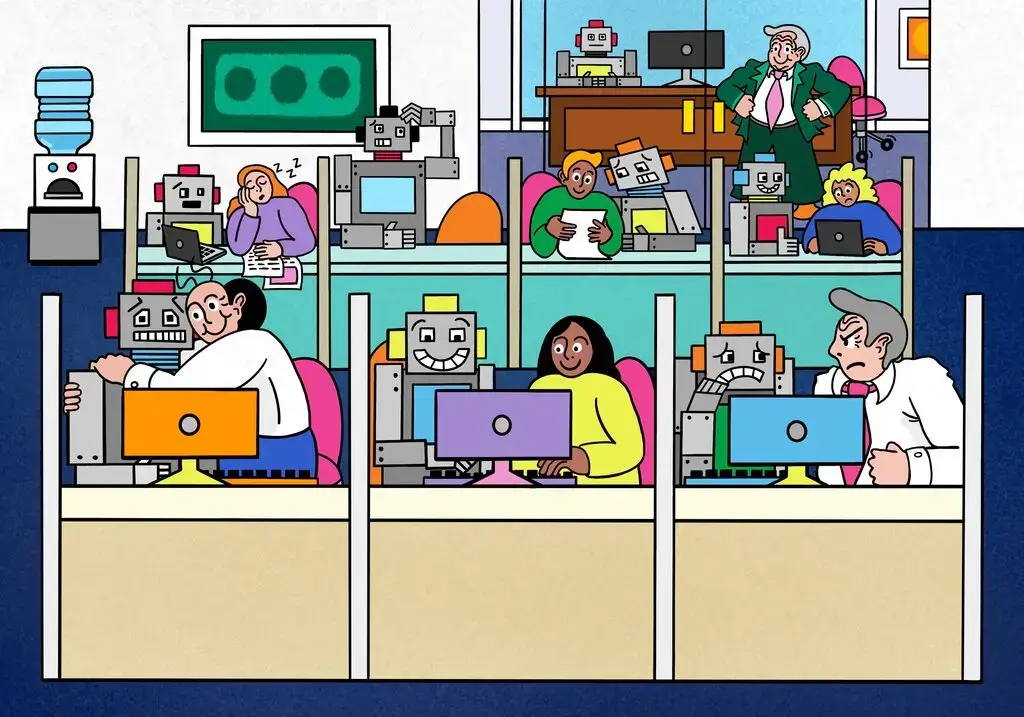Earlier this year, Mark Austin, the vice president of data science at AT&T, noticed that some developers in the company were using the ChatGPT chatbot for assistance with their code. Recognizing the potential, Mr. Austin wondered about the security implications of using a publicly available tool like ChatGPT in a business setting. To address this, AT&T turned to Microsoft’s Azure OpenAI Services in January, which allows businesses to build their own AI-powered chatbots. AT&T created its proprietary AI assistant called Ask AT&T, which helped automate the coding process for developers and assisted customer service representatives with tasks like call summarization.
The introduction of generative artificial intelligence, which enables chatbots to produce text, photos, and video in response to prompts, has generated excitement among businesses. Tech companies like Amazon, Box, Cisco, Salesforce, and Oracle are racing to develop generative AI-powered products that automate tasks such as code generation, document analysis, meeting summarization, and more. Microsoft, having invested significantly in OpenAI, has made Azure OpenAI Service available to customers, allowing them to build their own versions of ChatGPT. Many of these tech companies are now offering generative AI products for businesses in four main areas: code generation, content creation, data search, and summarization.
However, incorporating generative AI in the workplace comes with risks such as inaccuracies, misinformation, inappropriate responses, and data leaks. These risks remain largely unregulated, but tech companies are taking steps to address them. Some products have been engineered to not retain customer data, and companies like Salesforce and Oracle have implemented security measures to protect sensitive information and ensure data privacy.
Despite the risks, the adoption of generative AI in the workplace is mainly focused on low-risk scenarios, with human oversight playing a crucial role. Highly regulated industries are currently less likely to embrace this technology. Additionally, companies need to prepare their workforce for the changing nature of work and the new skills that will be required.
AT&T’s experience with Azure OpenAI Service has been positive, with employees from various departments utilizing the chatbot beyond the initial expectations. Panasonic Connect, another company using Azure OpenAI Service, has found its employees asking the chatbot thousands of questions daily for various tasks, including drafting emails, writing code, summarizing legal documents, and brainstorming solutions.
In conclusion, businesses are eager to leverage generative AI to automate tasks and improve productivity. While there are security risks and challenges to address, tech companies are actively working on solutions and investing in generative AI development to meet the growing demand.





